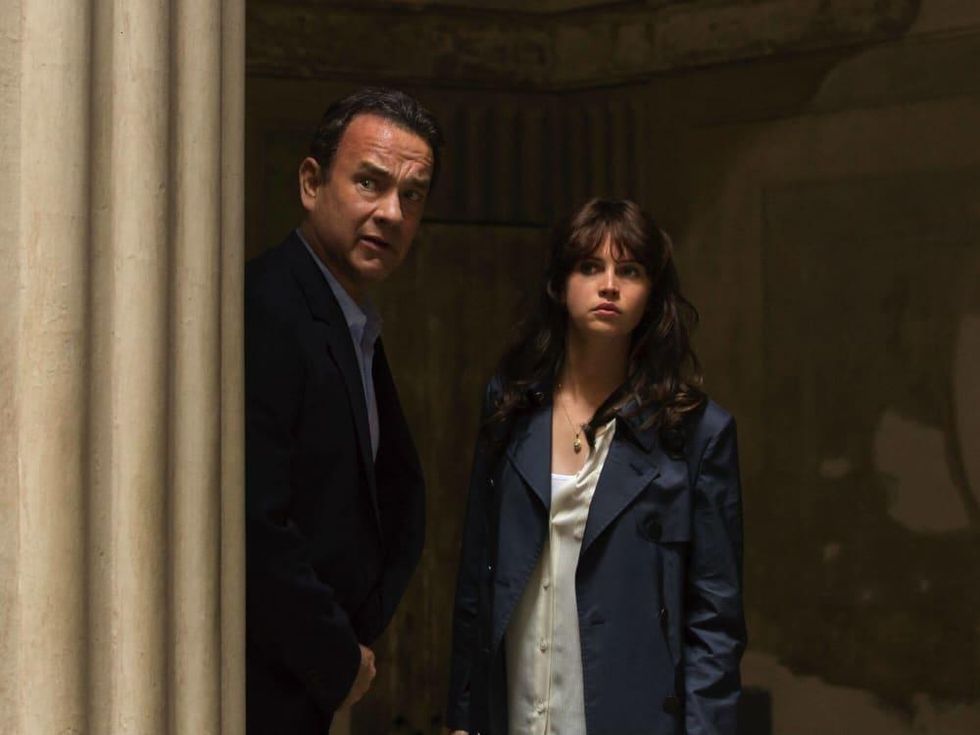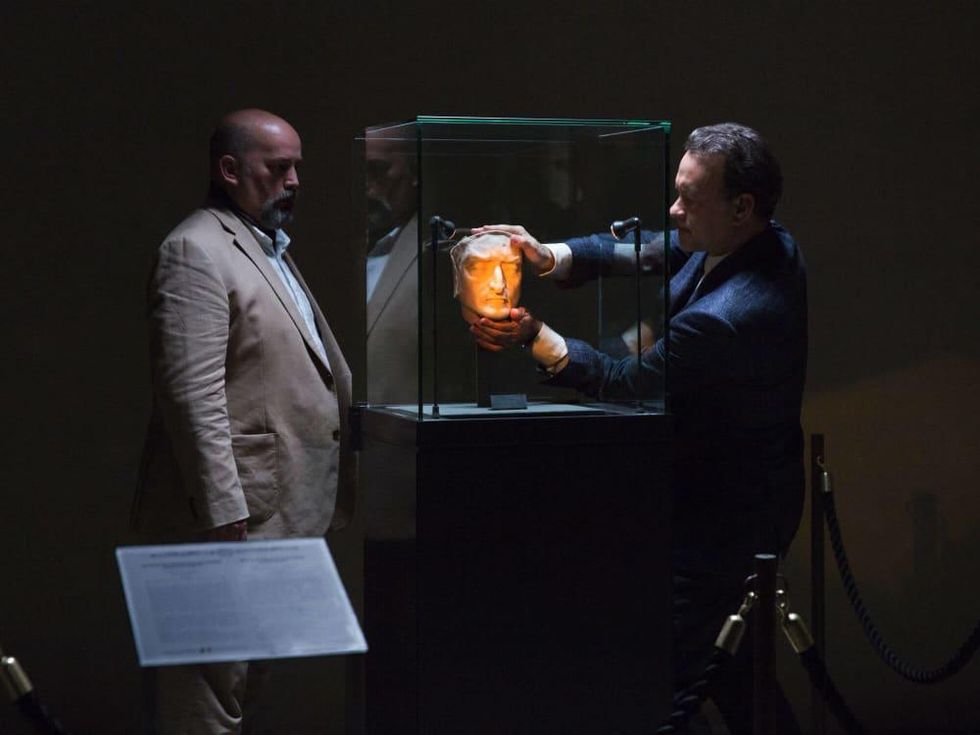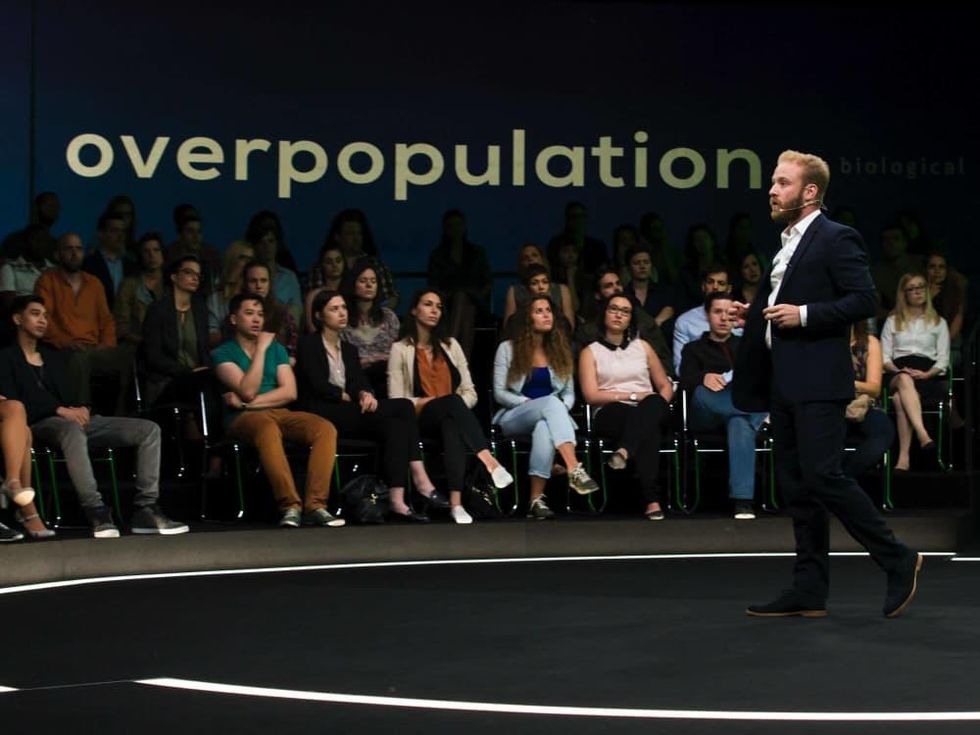Long before Austin was a hub for tech bros and Teslas, it was a haven for artists, musicians, and hippies. These days, hippie culture — or keeping it weird — is still going strong in Austin. It just might be a little harder to find with everything else that’s going on.
Despite the stereotypes, although Austin certainly does have some residents who fit them, hippies don't just look or act one way around here. It might be a 24/7 lifestyle of altered consciousness and nonviolence, or it might be a love of thrift shopping and veggie burgers. Businesses with next to nothing in common are booking tarot readers for events, and there's a yoga class going on somewhere almost anytime you need one.
In honor of the folks keeping Austin weird this summer, here are some of our favorite hippie and alternative events coming up:
Sunday, July 21
Drum Circle and Ecstatic Dance at Barton Springs - Every Sunday
Free
The Barton Springs Drum Circle has been going on for decades. It takes place every Sunday beneath the "Monkey Tree," the large tree in the center of the field by the South Entrance to Barton Springs Pool, and starts around 3 or 4 PM and goes until “????” There is no official event organizer; This is a true old school Austin hippie good time. Show up with your drums, noisemakers, snacks, a blanket to sit on, and your smudge stick, and be prepared to get hot and sweaty — and then jump in the Springs.
To stay up to date on drum circle events, you can join the Barton Springs Drum Circle Facebook group.
The Shiny Market and Fire Jam
Free
There is a store in Austin called “Shiny Things for Shiny People,” which sells exactly what it says it does. More specifically, it is a crystal shop, but once a month, they have a big community event including a pop up market with local vendors, mediums, and healers, as well as live painters, music, and workshops. They’ll also have a free fire jam for those who spin fire. This month’s event will include vendors like Extraterrestrial Jewelry, Midnight Cowgirl, CrownChakra, and will take place on Sunday, July 21, from 7-10 pm, at 2120 South Lamar.
Monday, July 22
Community Swim and Sing
Free event + cost of admittance to Barton Springs Pool
From 7:30-8:30 pm, Sarah Bently and Mary Olivar will be hosting a community song circle at Barton Springs pool. Community singing is an ancient tradition in every culture and is open to anyone and everyone, whether you’re a “good” singer or not. The group will meet on the grassy hill on the south side of the pool, and there will be time for socializing, swimming, and of course, singing. More information on Sarah Bently and her song circles can be found at heartbodysong.com, and more info on Mary Olivar is at theawokenchild.com.
Naked Yoga for Men - Every Monday
$10
Austin is a great place to be naked, and here’s one more reason why. Every Monday from 7:30-8:45 pm, Austin Naked Yoga has a class just for men. This Monday night class includes partner yoga and partner stretching, and according to the event page, “is a great way to connect with other guys and experience yoga on a more intimate level.” Partner work is always optional. Participants can sign up online, and everyone's first class is just $5. This class is located at ToddPilates South Austin.
Saturday, July 27
Body Mind Spirit Celebration
$12
The Body Mind Spirit Celebration will take over the Palmer Events Center for two days, July 27 and 28. This event is all things holistic and will include 75 booths, 40 performers, 25 psychics and healers, natural health practitioners, presentations, and more. This celebration originated back in 1968 in Ashland, Oregon, and has since taken place all over the country. You can expect to experience kirtan, live music, meditation spaces, and perhaps even a holistic circus.
Faerie Garden Workshop at Zilker Botanical Garden
$12
In this family-friendly workshop, Karen McClatchey, Zilker Botanical Garden’s docent, will share stories and faerie lore, and explain how, exactly, to attract fairies with your own magical faerie garden. You can then create a faerie garden with the materials provided to take home with you. Hour-long workshops will be offered at 10:30 AM and at 1:30 PM. Each registration is for one faerie garden. If children are making a faerie garden, event hosts recommend one parent or guardian per faerie garden.
Sunday, August 4
New Moon Witches Market
Free
Yarrow and Sage is a local witchcraft store, with locations off of North Loop and, now, Slaughter Lane. These stores carry a variety of witchy items, like crystals, tarot cards, books, incense, and other ritual tools, and also offer a ton of workshops and events. One of their regular events is the Austin Witches Market, a once a week market with all sorts of esoteric vendors and goodies. The August 4 Witches Market will be in celebration of the new moon, and take place at Live Oak Brewing from 11 am to 3 pm. You can expect a Witches Market every Sunday for the rest of the summer (and indefinitely). To stay up to date on dates and locations, visit yarrowandsage.com.
Monday, August 5
August Asanas: Monday Meditations - Every Monday in August
$8
Zilker Botanical Garden presents August Asanas, every Monday morning from 8:30-9:30 am, throughout August. This meditation and yoga class will include gentle yoga and guided meditation, surrounded by the beautiful botanical gardens. The instructor is Tiffany Sipos from Castle Hill Fitness, and this should be a good class for people of all ages. Bring a yoga or exercise mat, water, and wear comfortable clothes you can move in. Tickets are available via Zilker Botanical Garden.
Friday, August 16
Second Annual Realm of Fungi - Opening Reception
Free
This is the second annual “Realms of Fungi” mushroom-inspired art exhibit, presented by ArtUs Co. It will feature creative works by more than 40 artists, depicting everything from enchanting toadstools to more psychedelic spores. The exhibit itself will run from August 16 through September 28, but the opening reception will be August 16 from 6-10 pm at ArtUs Co’s studio off of Research Blvd. It will include mushroom-infused drinks courtesy of Töst and Hi-fi Mycology, and guests from the Central Texas Mycological Society and Mushiverse. Don’t forget to dress up, because there will be a prize for the best mushroom outfit.
Tuesday, August 20
Ekstasis Ecstatic Dance
$20-30
Ecstatic dance is a sort of free-form dance party that encourages freedom of movement and expression in a judgement-free, safe, and sober space. If you just look up “ecstatic dance events Austin,” you will find a variety of morning dances, weekly dances, cacao ceremony dances… There are a ton to choose from.
This particular monthly event takes place at the beautiful Brodie Homestead, dotted with hanging chandeliers and cathedral-like ceilings. Doors open at 6:15 pm for a workshop and tea service, and the music will begin at 7 pm, ending at 9:30 pm. Note: This event is sober, deviceless, barefoot, non-verbal, and for those aged 12 and up only.
Friday, September 13
Self Love Sound Bath
$30
This event will combine the beautiful sounds of singing bowls with gentle pranayama yogic breathing techniques, Emotional Freedom Technique (EFT) tapping, and mantra to help participants “let go of stuck emotions and limiting beliefs.” It will take place from 7 to 8:15 pm at Third Eye Meditation Lounge. If you can’t make this one, check out their schedule online — they’re constantly hosting a variety of conscious events.
Any day, any time
$8 or $3 for seniors, cash only
Hippie Hollow Park
A list of things to do with Austin hippies this summer would not be complete if we didn’t mention Hippie Hollow. Hippie Hollow is Texas’ only completely clothing-optional public park. It’s open every day from 9 am to 8:30 pm and is located on Lake Travis at 7000 Comanche Trail. If you’re visiting for the first time, you should note that there is a steep, rocky shoreline with access to the lake. It’s open to ages 18 and up only, and according to the website, “Nudity is acceptable; lewd behavior is not.”




